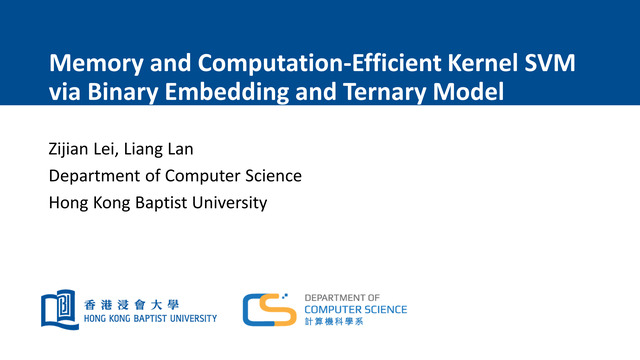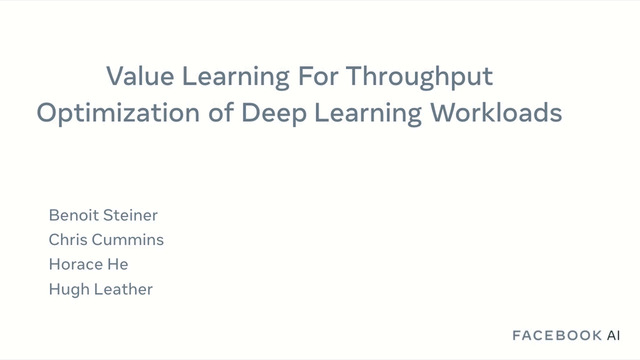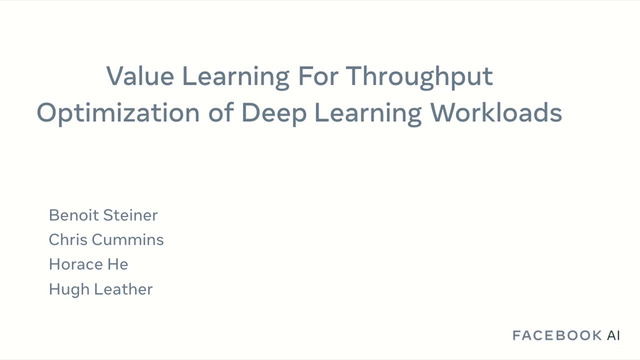Abstract:
Despite their superior accuracy to simpler linear models, kernelized models can be prohibitively expensive in applications where the training set changes frequently, since training them is computationally intensive. We provide bounds for the changes in a kernelized model when its training set has changed, as well as bounds on the prediction of the new hypothetical model on new data. Our bounds support any kernelized model with \(L_2\) regularization and convex, differentiable loss. The bounds can be computed incrementally as the data changes, much faster than re-computing the model. We apply our bounds to three applications: active learning, leave-one-out cross-validation, and online learning in the presence of concept drifts. We demonstrate empirically that the bounds are tight, and that the proposed algorithms can reduce costly model re-computations by up to 10 times, without harming accuracy.









































